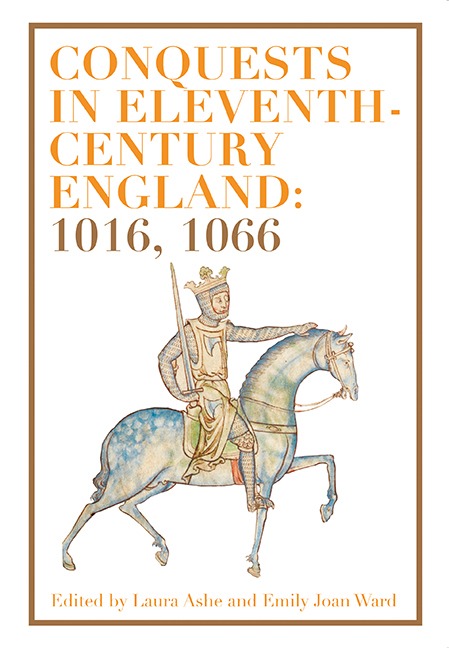8 - Kings, Saints and Conquests
Published online by Cambridge University Press: 26 April 2020
Summary
This chapter reflects on the ways in which the two foreign kings who conquered England in the eleventh century – the Danish monarch, Cnut, and Norman duke, William – used native English saints’ cults as a means of bolstering their royal status among their new subjects. It suggests that the patronage of the Church in general, and the promotion of the cults of the saints in particular, provided a valuable mechanism for these kings to ally themselves with the concerns and religious values of the English people. That the two men proved generous patrons to the Church hardly needs stating and should cause us little surprise. As is well known, both founded new churches with generous endowments on the sites of the major military engagements that led to their acquisition of the English crown: Cnut founded a church at Ashingdon, where he had defeated Edmund Ironside on St Luke's day in 1016, and William established an abbey at Battle in Sussex. Many monasteries and cathedrals across England claimed Cnut and William among their benefactors, preserving records not only of landed estates that one or both kings had added to their endowments but also (especially in Cnut's case) evidence of the king's donation of precious books, vestments and liturgical objects. Both men depended closely on the support of leading churchmen as much as secular nobles to secure and maintain their grip on royal power (and both interfered directly in the appointment of new men to senior clerical posts). In practical terms it would seem that little had changed since the celebrated seventh-century bishop of York, Wilfrid, divided up his property on his deathbed, giving a portion of his money to the abbots of his own monasteries at Ripon and Hexham in order that they might ‘buy the favour of kings and nobles’. As foreign kings, ruling by force of arms and right of conquest rather than blood succession, both Cnut and William manifestly needed to deploy a range of strategies to build alliances across the realm, and giftgiving provided an obvious means of securing clerical allegiance to the crown. This chapter will suggest that although political expediency certainly constituted one factor underpinning at least some of the ecclesiastical patronage exercised by William and Cnut, other more complicated issues were involved as well.
- Type
- Chapter
- Information
- Conquests in Eleventh-Century England: 1016, 1066 , pp. 140 - 164Publisher: Boydell & BrewerPrint publication year: 2020
- 2
- Cited by



